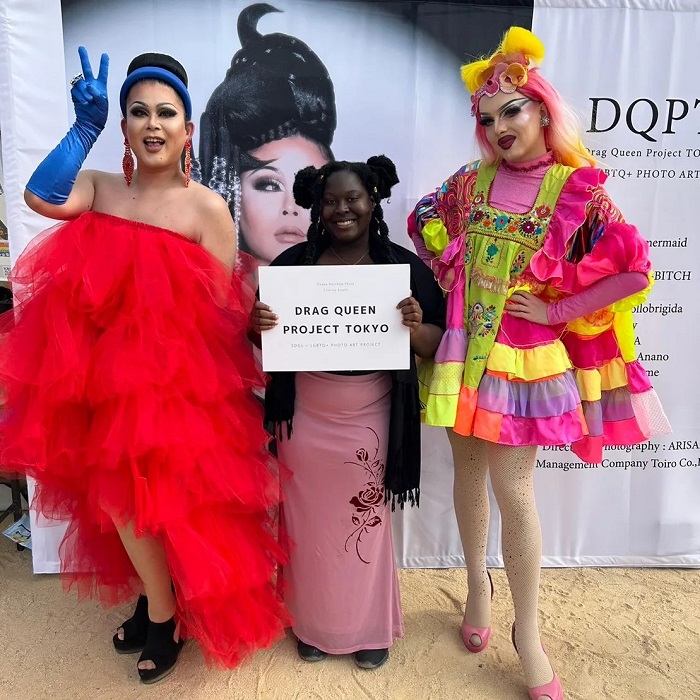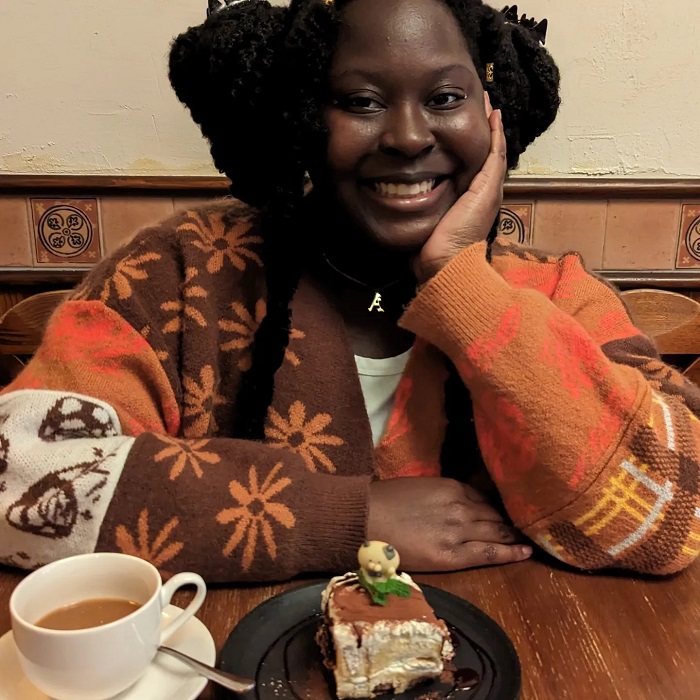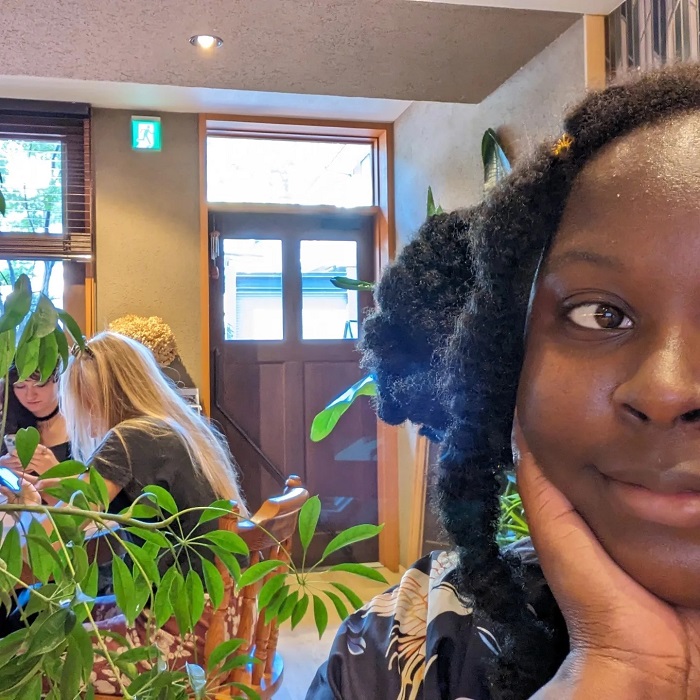Written by Angel Bryant (Howard University), Student Correspondent for CET Japan, Fall 2023
People will ask to touch your hair. People also won’t ask—and will take it upon themselves to seize a (supposed) once-in-a-lifetime opportunity. People will also try to deny your experience. It can come from strangers, people within the same program, administrators, staff, and your very own friends. How you deal with it is up to you. Some deal with it as a teachable moment and allow others to touch their hair, hoping to form a connection and break stereotypes. Others prefer people not to touch their hair, either for personal, cultural or religious reasons, and may also regard that as a teachable moment.
Whatever you choose, the most important thing to know is that you deserve respect, personal space, and privacy no matter where you are in the world. You don’t need to provide any explanation for your existence.

Do not be discouraged by people who deny your experience. Instead, find community in those who can relate to what you’re going through!
So, how do you deal with it? Here are three things I do when I’m approached with (or forced to answer) the hair question.
Find Your Voice
Learning how to say “please don’t touch my hair” in the most polite way possible in your host language solved a lot of problems with me. Before, when (Japanese) people would approach me, I would freeze, not knowing what to say, usually leading to them answering for me. However, I realized that a full explanation would be beyond my ability for the entire program, so I sought insight from my peers. After asking my Japanese friends and teachers, I came up with polite phrases I use when given the chance.
Phrase One: Watashi no heasutairu (hairstyle) wa kono mama ga ii desu. – I like my hairstyle as it is.
Phrase Two: Watashi no kami wo amari sawatte hoshikunaidesu – I don’t want you to touch my hair too much.
This is very straightforward, and I rarely use this level since Japanese culture prioritizes being able to read between the lines when it comes to others’ behavior and comfort levels. It may also be wise to learn any cultural or religious explanations if you wish to use them!
Try a Different Style
I recommend bringing a few headscarves and other hair accessories that keep your hair up and away. People are less likely to touch your hair unprovoked if it’s covered, short, or close to your face. They may still ask other questions, such as: is it real? How long will it last? Can you take your head covering off so I can see? Yes, I’ve gotten all of those from locals and foreigners alike.

Since I usually wear my hair long, it gives more surface area for a quick touch. Experimenting with different hairstyles has reduced encounters and also added more styles to my catalogue!
Remove Yourself from the Situation
If all else fails, you can take yourself—and your hair—away from the situation. Of course, not every situation will be this easy to handle, but people will rarely feel empowered to pursue you to invade your personal space. Rarely.

Watch your back! Some people will try to sneak up on you instead of approaching you directly because they are either afraid to ask or know it is wrong to touch others (especially) without their permission.
Studying abroad shouldn’t keep you in fear of having your personal space invaded or from wearing your hair how you want. With research and preparation (as you should anyway before studying abroad), you can enjoy your semester or year away as you are!